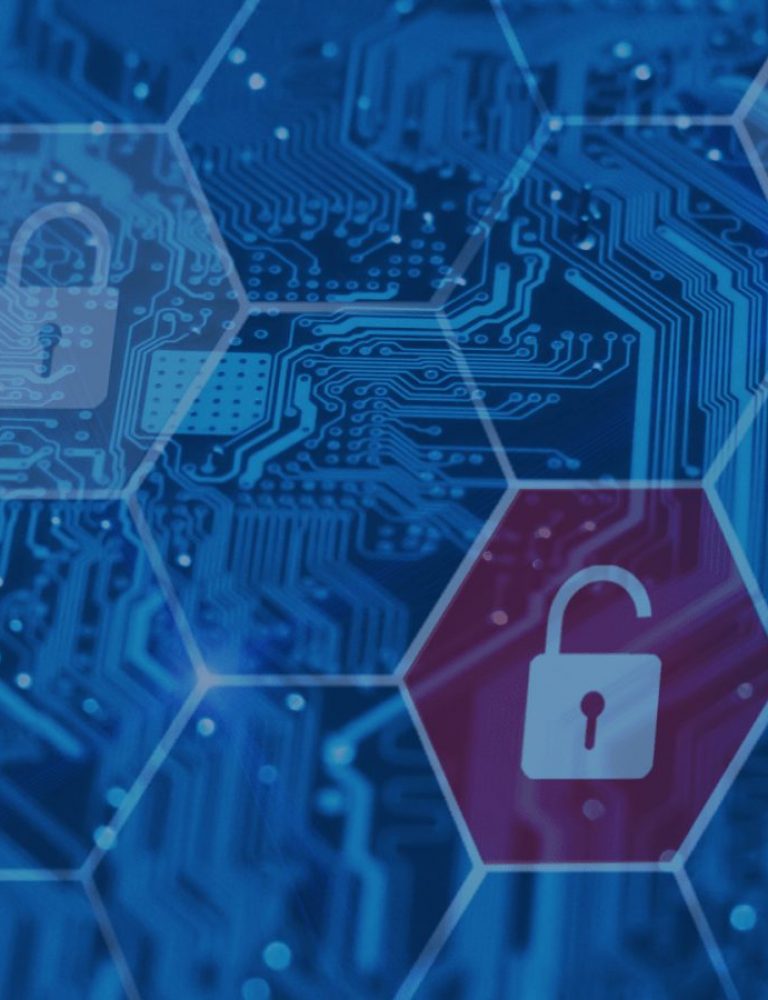
In the current digital age, where cyber threats are on the rise, effective data protection is a crucial priority for modern organisations. Companies, regardless of size or industry, are facing new challenges posed by cyberattacks. To safeguard their assets effectively, organisations are implementing advanced security management strategies, with the Security Operations Center (SOC) playing a pivotal role.
Effective cyber security management requires a two-pronged approach: rapid response to incidents and proactive monitoring and identification of threats before they become a significant issue. The SOC plays a pivotal role in this, enabling organisations to continuously track activity in their IT infrastructure. As threats become more sophisticated, the role of the SOC service in ensuring digital security becomes increasingly crucial. With a Security Operations Center, companies can not only protect their data and systems, but also avoid serious financial and reputational consequences.

What is SOC?
The Security Operations Centre (SOC) is a security services solution that enables organisations to monitor, analyse and respond to information security threats. SOC serves as a central command centre, overseeing and coordinating all cyber security-related activities. Its objective is to prevent security incidents and respond rapidly to any irregularities.
Polcom SOC service offers a comprehensive approach to cyber security that extends beyond standard threat monitoring and response. Its core functions include continuous monitoring of the IT infrastructure, in-depth analysis of network traffic, system activity and user behaviour to identify potential threats in real time. SOC provides the ability to detect any anomalies that may indicate an attack attempt or other threat. If a threat is detected, the SOC immediately takes action to neutralise it, minimising risk and limiting damage to the organisation.
Tools used by Polcom SOC
Polcom SOC utilises cutting-edge technologies to facilitate efficient and effective security management. Polcom SIEM (Security Information and Event Management) systems are designed to aggregate data from diverse sources, enabling the identification of potential threats based on the information collected. These sophisticated technologies form the bedrock of an effective SOC, enabling swift and robust responses to emerging threats and minimising the risks associated with cyberattacks.
Threat analysis and detection
SOC uses sophisticated threat analysis techniques to proactively identify and neutralise potential attacks. By collecting telemetry data, analysing threat reports and monitoring user behaviour, SOC is able to effectively identify and mitigate emerging risks.
Compliance management
The SOC is also instrumental in guaranteeing adherence to regulations such as RODO and NIS2. Legal obligations pertaining to data protection are becoming more rigorous, and meeting them is not only a legal obligation but also an essential aspect of fostering trust with customers and business partners.

Benefits of having a Security Operations Centre
SOC offers a range of advantages to organisations, directly impacting their security and stability. SOC is the primary means of enhancing the security status of the organisation. It does this by providing continuous monitoring and analysis of threats, which allows for early detection and neutralisation of attacks. The solution’s rapid response to incidents is another advantage, enabling it to minimise the impact of these incidents and reduce financial and operational losses. Furthermore, effective protection against cyberattacks reduces the risk of data breaches, which reduces the costs associated with potential incidents. Having a SOC also helps to comply with legal requirements for data protection, which is important for compliance and building trust among customers and business partners.
SOC best practice
For a SOC to function effectively, organisations should follow best practice. The operating strategy of the SOC should be closely integrated with the strategic objectives of the organisation, ensuring that activities are in line with overall company policy. It is also critical to utilise a skilled and well-trained team of professionals who can effectively monitor and respond to risks.

Outsourcing SOC – why is it worth it?
A significant number of organisations opt to outsource their SOC services, leveraging the expertise of external providers. There are several advantages to adopting this approach, which can markedly enhance an organisation’s security posture. Primarily, third-party SOC providers possess teams of highly skilled professionals and cutting-edge technology, enabling effective monitoring and response to threats. Consequently, even smaller companies lacking the internal resources to develop a comprehensive SOC can enjoy a robust security foundation.
Outsourcing SOC services is an effective cost-saving strategy, as organisations can avoid investing in the expensive tools and infrastructure required to set up an internal SOC. Furthermore, outsourcing this service allows companies to focus on their core business, while cyber security management is in the hands of experts. Working with an external SOC provider often means access to the latest technology and knowledge of current threats, which is particularly important in a rapidly changing cyber environment.
Furthermore, the services of an external SOC can be scaled according to the needs of the organisation, allowing flexibility in adapting the level of protection to current business requirements. Consequently, selecting an external SOC provider can be a strategic decision that ensures not only effective security management, but also cost optimisation and access to cutting-edge cyber security solutions.
